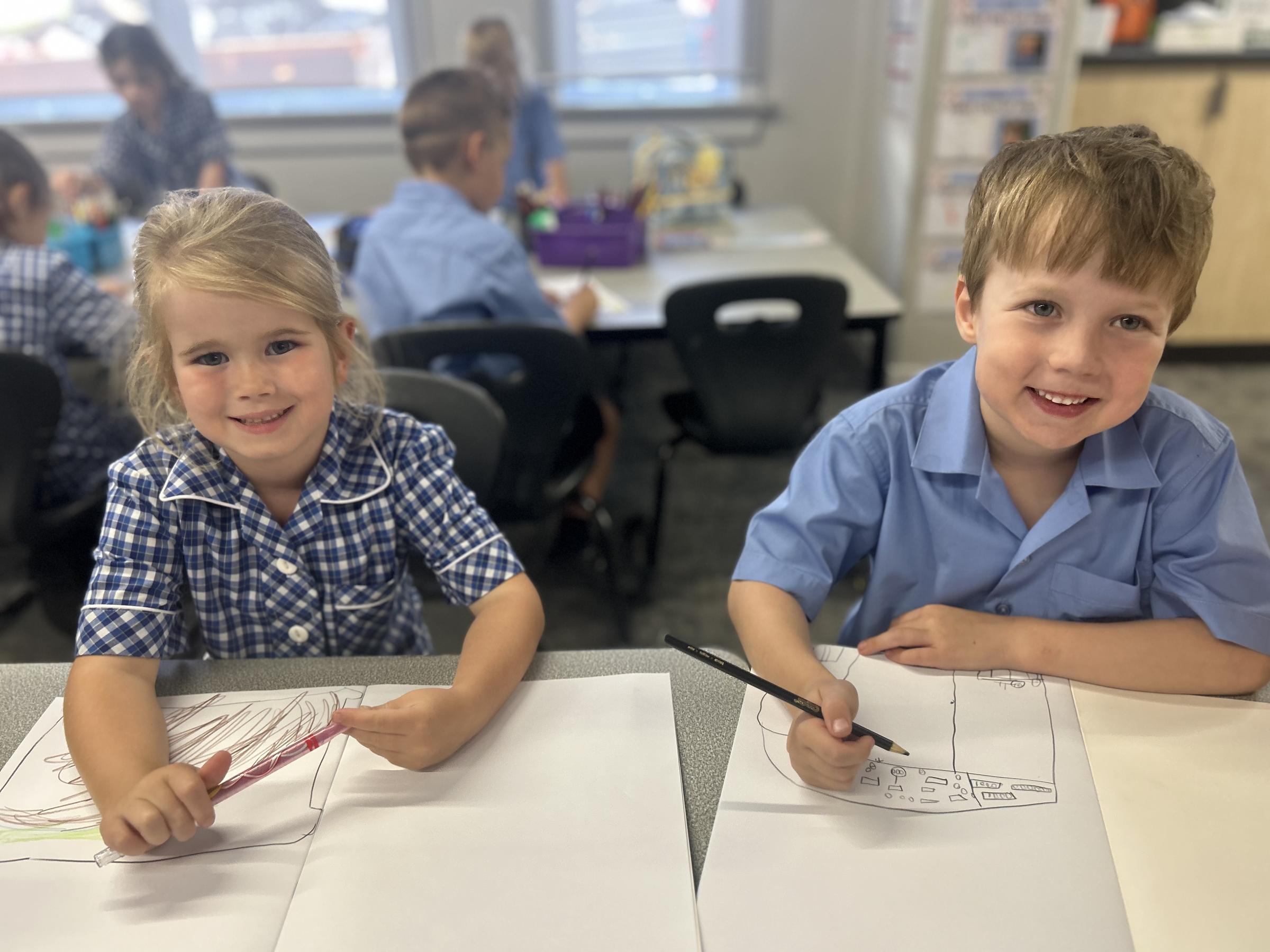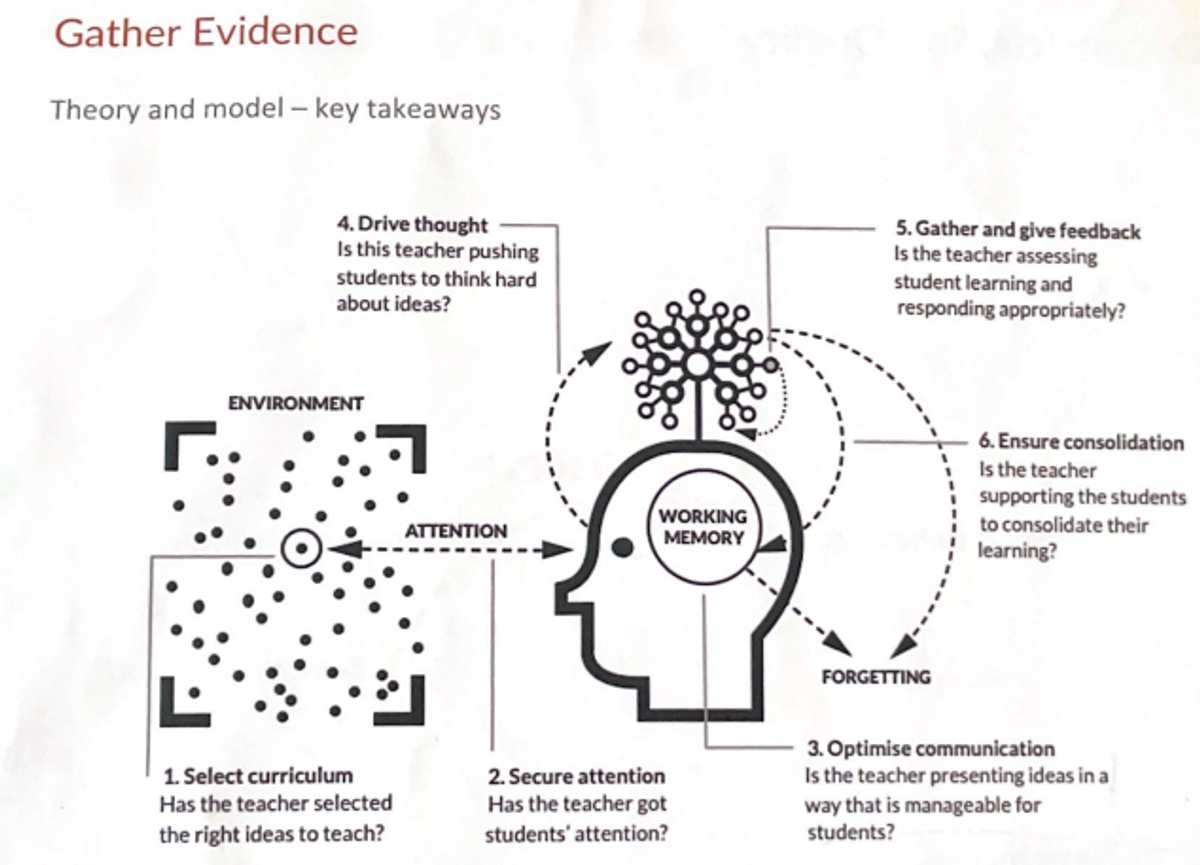Deputy Principal News

Instructional Coaching at St Joseph’s
Over the past few months, your child may have mentioned that their teachers are being observed while teaching. This is part of an exciting initiative we have been embedding at St Joseph’s over the past two years: instructional coaching.
Instructional coaching is a professional learning approach where an experienced teacher, acting as a coach, works one-on-one with a colleague to strengthen classroom practice. The process involves lesson observation, professional reflection, and modelling of effective strategies, all with a focus on supporting teachers to take small, personalised steps that lead to lasting growth.
Research shows that instructional coaching is one of the most powerful ways to improve teaching, with the potential to accelerate student learning by up to two additional months each year. All classroom teachers at St Joseph’s are taking part in this program, ensuring that every student benefits from the professional growth of their teachers.
Our coaching process is grounded in the Memory Model of Learning (pictured below), as well as using and developing 'Engagement Norms'. These provide a clear framework for understanding how information moves into long-term memory. After each observed lesson, teachers and coaches identify one specific area for development within this model, creating a sharp focus for improvement.
As one of the first schools in the Southern Catholic region to adopt this approach, we are proud to be leading the way in teacher development and innovation.
The Instructional Coaching Cycle
The coaching program runs in three stages that repeat throughout the year:
Stage One – Observation and Goal Setting: Teachers are filmed teaching a lesson. Together with their coach, they review the footage, reflect on practice, and agree on a single area for improvement.
Stage Two – Learning and Modelling: The coach introduces research-informed strategies and models best practice. Teachers then plan how to apply these strategies in their own classrooms.
Stage Three – Practice and Reflection: Coaches visit the classroom weekly to observe progress and provide feedback. After each lesson, the teacher and coach meet briefly to reflect on what’s working and where adjustments may be needed. Once a goal has been embedded into practice, a new focus is identified, and the cycle begins again.
All teachers involved in the program will be observed at least three times during the second half of the year. Already, we are seeing excellent growth in teacher practice, with many reporting that the coaching conversations are having a significant impact on their students’ learning and engagement.
At St Joseph’s, we believe that when teachers continue to learn, students thrive. Instructional coaching ensures that our staff are constantly refining their skills, keeping student learning at the heart of everything we do.
Tom Hartney
Deputy Principal and Teaching and Learning Leader


